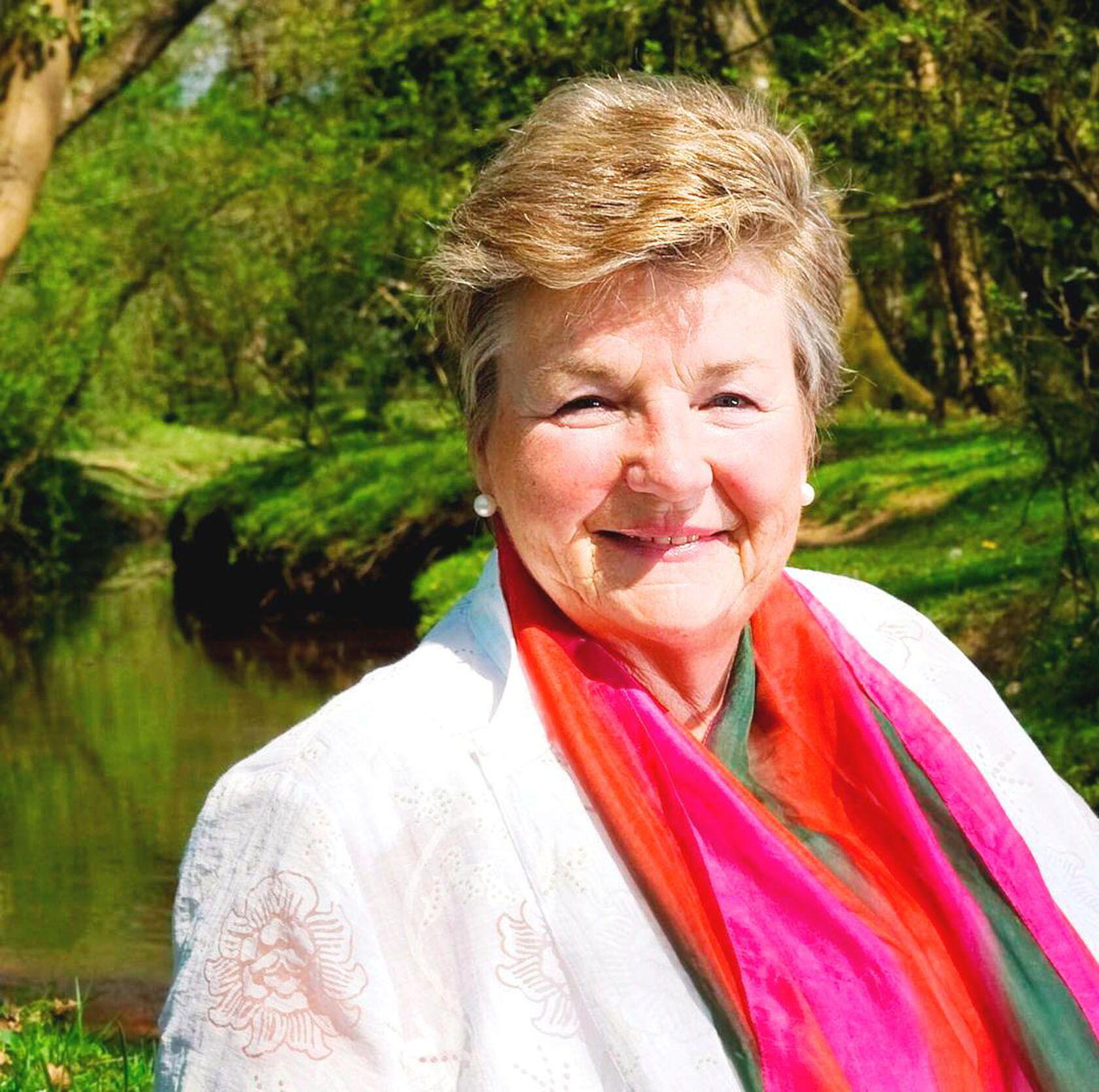
Lovell begins this biography with the meeting of Sydney (who herself came from an interesting family – her father founded Vanity Fair and The Lady magazines) and David, who was Lord Reesdale, parents of the six Mitford sisters and one son, Thomas.


It was a brief reference I stumbled across about her sister Unity’s relationship with Hitler that made me want to find out more about the Mitfords. I had, of course, heard of novelist Nancy Mitford but what I didn’t know was that she came from such an extraordinary family.

When a biography feels like a novel – in its tone, structure, plot development and engrossing story arcs of the characters, then you know you’ve got a great read on your hands. I really can’t tell you how much I enjoyed reading this book. (Jan.Opening sentence: “Sydney Bowles was fourteen years old when she first set eyes on David Freeman Mitford.” Lovell's account of the sisters' upbringing and their often tumultuous adult lives is as lively and engrossing as Nancy's heavily autobiographical fiction the group biography also does a commendable job of separating the myths that fiction created from the sometimes more mundane realities of the Mitfords' activities and relationships. But whether adored or reviled by their public, all the Mitford sisters were engaged with (and at times embodiments of) the major social and political issues of their time. But when Diana left her wealthy young husband to take up with and eventually marry Sir Oswald Mosley, infamous leader of British fascism when Unity became close friends with Adolf Hitler and a proponent of Nazism when Jessica, a vocal Communist, eloped with a notorious cousin who was also a nephew of Winston Churchill when Deborah married the Duke of Devonshire and when both Nancy ( Love in a Cold Climate) and Jessica ( The American Way of Death) became acclaimed, bestselling authors, the world responded with avid, insatiable and at times alarmingly intrusive curiosity. Born into the ranks of the minor aristocracy and educated at home by eccentric and perennially cash-strapped parents, Nancy, Pamela, Diana, Unity, Jessica and Deborah Mitford hardly seemed the types whose exploits would generate endless fodder for the sensationalist press.

In her history of England's Mitford sisters, who were major figures in the international political, literary and social scenes for much of the 20th century, Lovell ( The Sound of Wings: The Biography of Amelia Earhart etc.) rises with aplomb to the challenges of a group biography, deftly weaving together the narrative threads of six at times radically disparate lives to create a fascinating account of a fascinating family.


 0 kommentar(er)
0 kommentar(er)
